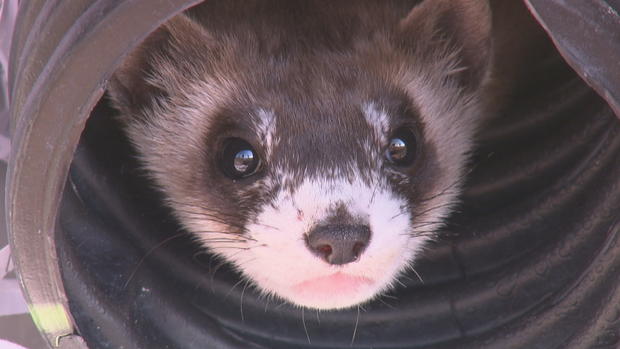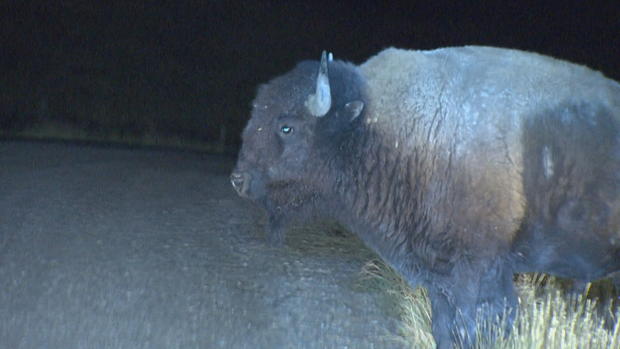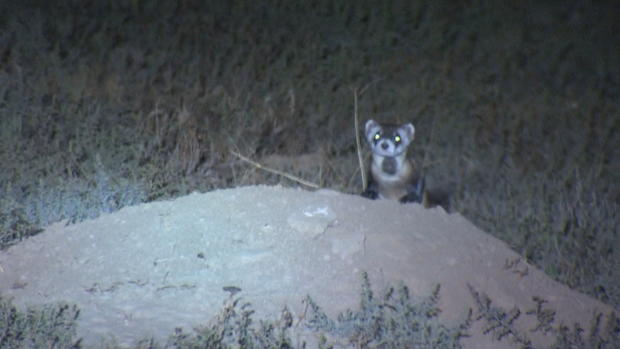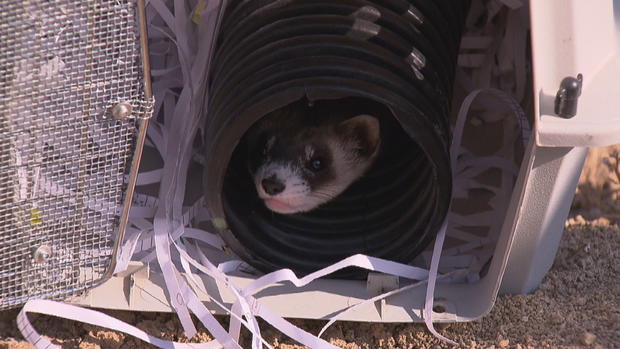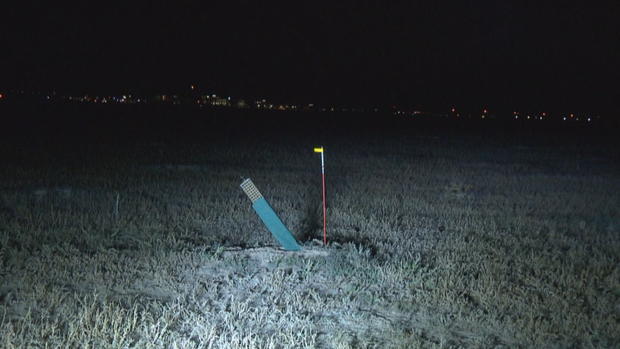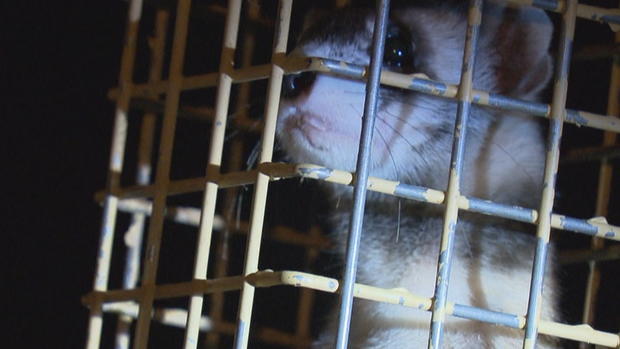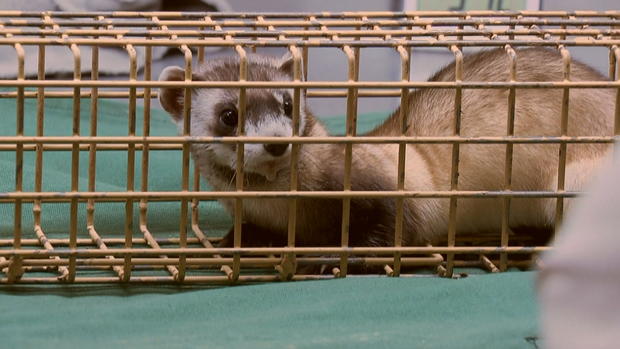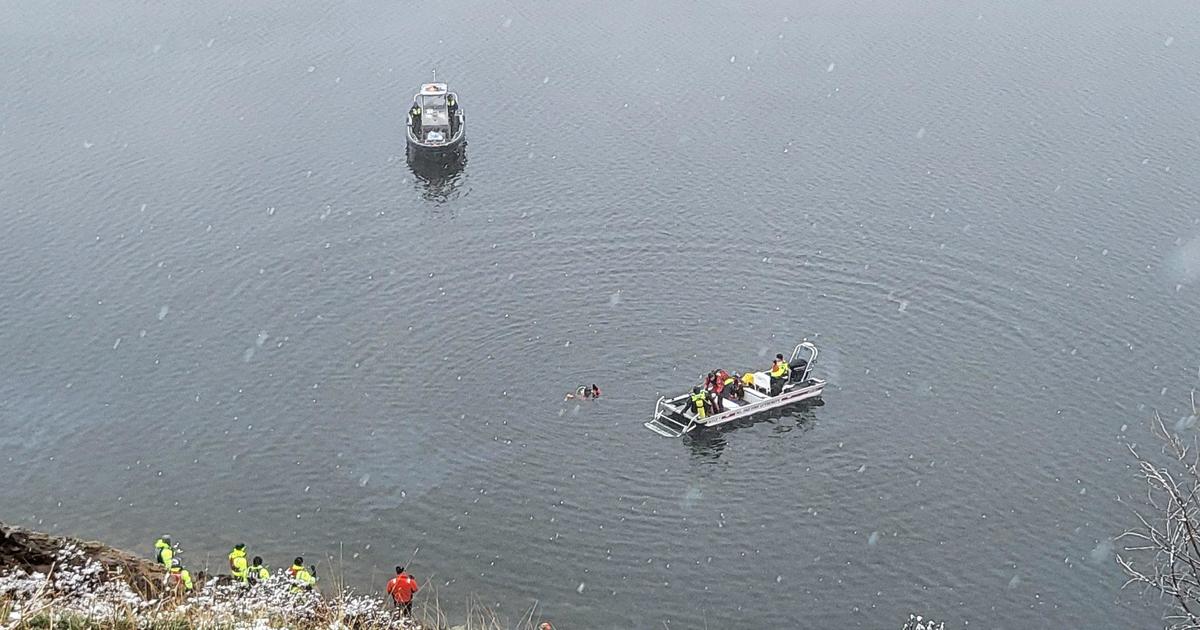Black Footed Ferrets Thriving In Colorado Thanks To Conservation Efforts
DENVER (CBS4) - Black footed ferrets once hunted prairie dogs on Colorado's plains and western slope, but as humans built our communities, we wiped out their food source and they disappeared. In 2015, the ferrets were re-introduced to the Rocky Mountain Arsenal National Wildlife Refuge and have made a huge comeback. Thursday, wildlife biologists worked overnight to make sure ferrets don't disappear again.
Nighttime at the Rocky Mountain Arsenal National Wildlife Refuge is quiet, but it certainly isn't lonely. The prairie is active with owls, deer, coyote and bison.
Nick Kaczor and his team were also out -- trying to find the black footed ferrets.
"They have a very distinctive emerald green eye shine. So we use spotlights and once we see that green eye shine we're going to go directly towards that animal," Kaczor explains.
"We'll set a trap, like this one here, in that prairie dog burrow and hopefully come back half hour or an hour later and have a ferret in there."
It's tedious, yet they do this ten times a year to closely manage the endangered population to make sure they don't become extinct in Colorado. Once thriving in North America, the black footed ferret was nearly completely wiped out when humans exterminated their food source -- prairie dogs.
RELATED: Ferret Center In Colorado Gets $3.6 Million For Improvements
"Black footed ferrets have thought to be extinct twice throughout their life," Kaczor said. The Rocky Mountain National Refuge re-introduced this native animal in twenty fifteen, and It has thrived. Now the arsenal has the second largest population of black footed ferrets in the world.
"It has been a surprise we worked really hard in it so it's encouraging to see," Kaczor said.
Biologists worked all night Thursday to estimate the size of the population, but also to vaccinate against plague, K9 distemper and rabies.
Finally, three hours of searching paid off for Nick and his partner. They spot a ferret and set their trap.
They would eventually catch more than a few ferrets. Most had been caught before and were up to date on their vaccinations, but one needed a booster and one had never been caught before.
The team took it back to the ferret lab to get immunized, because nick and the wildlife biologists here want to make sure black footed ferrets stay in Colorado for a long time so that people can get to know them.
"They're cute but they're extremely vicious. They're a tough animal -- it's really neat to see," says Kaczor.
If you want to see a ferret but don't want to stay up all night to see the nocturnal animal, you can see a couple that retired at the Rocky Mountain Arsenal visitor center.
